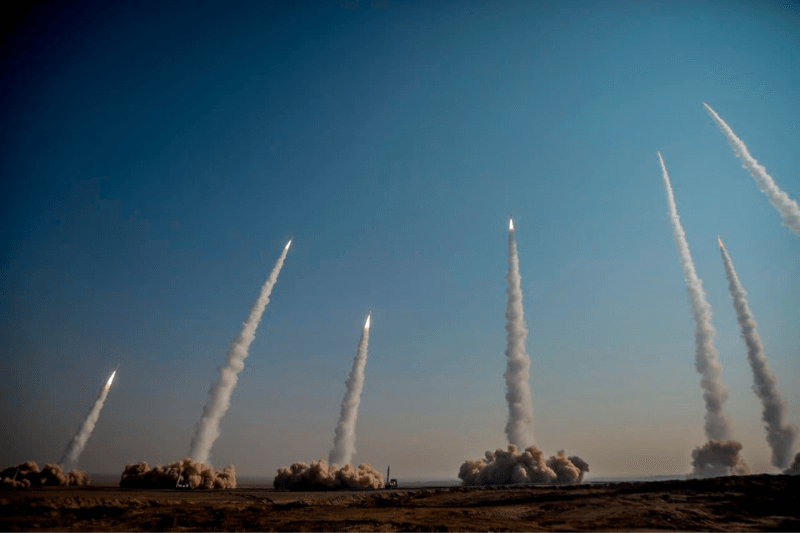
Uncovered: Iran’s Large-Scale Transfer of Ballistic Missiles to Russia
In a significant development that could escalate tensions in the region, Iran has reportedly provided Russia with a substantial number of powerful surface-to-surface ballistic missiles. According to six sources who spoke to Reuters, this move is part of a growing military cooperation between the two countries, both of which face sanctions from the United States.
The missiles, totaling around 400 in number, include various models from the Fateh-110 family, such as the Zolfaghar. Experts note that these road-mobile missiles are capable of striking targets at distances ranging from 300 to 700 kilometers (approximately 186 to 435 miles).
While both Iran’s defense ministry and the Revolutionary Guards, which oversees Iran’s ballistic missile program, declined to comment on the matter, Russia’s defense ministry has not yet responded to requests for comment.
Keep Reading
The shipments reportedly began in early January following a finalized deal between Iranian and Russian military and security officials in meetings held late last year in Tehran and Moscow. Sources suggest that there have been at least four shipments of missiles already, with more expected in the coming weeks.
According to one Iranian military official, some of the missiles were transported to Russia by ship via the Caspian Sea, while others were transported by plane. The official emphasized that there is no reason to hide these shipments, as Iran is allowed to export weapons to any country it wishes to.
The United Nations Security Council previously imposed restrictions on Iran’s export of certain missiles, drones, and other technologies, although these restrictions expired in October. However, the United States and the European Union have maintained sanctions on Iran’s ballistic missile program due to concerns over weapons exports to proxies in the Middle East and to Russia.
This development comes amidst ongoing tensions in the region, with concerns raised by the United States about Russia’s potential acquisition of short-range ballistic weapons from Iran. The Pentagon has not yet commented on the reported missile deliveries.
In response to the news, Ukraine’s top prosecutor expressed concerns about the reliability of the ballistic missiles supplied by North Korea to Russia, citing their performance on the battlefield. However, Iran’s provision of Fateh-110 and Zolfaghar missiles is seen as a significant advantage for Russia, especially given their precision capabilities.
The deepening ties between Iran and Russia have raised eyebrows in Western capitals, with concerns that Russia’s reciprocal transfer of weapons to Iran could strengthen Tehran’s position in any potential conflict with the United States and Israel.
Analysts suggest that while Russia and Iran may have a transactional relationship, based on mutual interests and security cooperation, the implications of this military partnership could have far-reaching consequences for regional stability.




